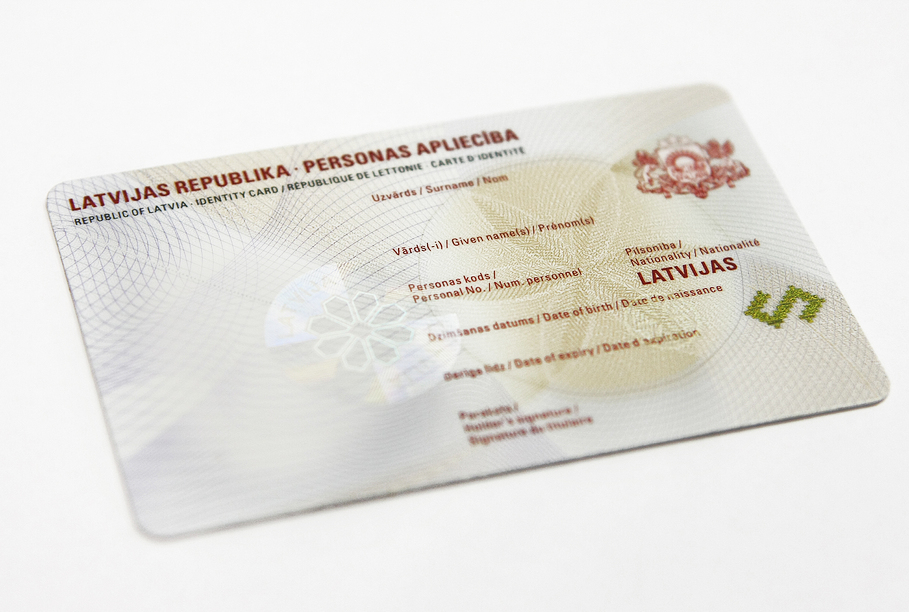The law currently requires voting citizens to receive a special stamp on a page of their passport to take part in parliamentary elections. Thus a passport is currently the only personal ID document that allows a citizen to vote.
The Central Election Committee (CVK) website already urges citizens who currently hold only an electronic identity card (eID) and wish to vote in the upcoming elections to apply for a Latvian citizen’s passport in a timely manner. Otherwise, they will need to follow official information on the possibility of getting a voter’s card, if and when the Saeima committee’s proposed amendments are passed by the Latvian parliament in a final reading.
According to the Ministry of Interior, there could be up to 35,000 voters without passports, who have however received the machine-readable ID cards issued by most European Union (EU) and Economic Area (EEA) states, including Latvia. The cards were introduced in 2005 by the Justice and Home Affairs Council to allow EU and EEA citizens to exercise the right of free movement and travel across national state borders.
Recent data from the Office of Citizenship and Migration Affairs (PMLP) puts the number of potentially disenfranchised voters closer to 25,000 citizens, however the committee considered this sufficiently high to push its proposed temporary solution through the plenary agenda’s final stage.
“Given the short amount of time, this is a quick and inexpensive way to ensure participation in the elections. Our office’s role would be to hand out personalized voter ID cards issued by the CVK,” explained the PMLP’s deputy chief Janis Citskovskis.
The CVK estimates the cost of a personalized voter ID to the state budget to be €0.16, and is prepared to issue them for free to any citizen who may be affected by the voting restriction.
CVK chairman Arnis Cimdars explained the voting procedure would require the presentation of the personalized voter card together with the eID for comparison and verification. Then the voter card is to be handed over to polling station volunteers for final registration and the receipt of the electoral lists.
The parliamentary committee’s chair Sergejs Dolgopolovs said the temporary measure would apply only to the 12th Saeima elections, thereafter requiring “more serious” changes to the electoral system by the next Saeima.
Local government and European Parliament elections are conducted according to a voters’ registry, therefore requiring the presentation of any official personalized identity document. Cimdars believes parliamentary elections should also allow such an easing of the identification procedure. He said he is convinced that a well-developed voters’ registry would guarantee the security of the election process as well as voter convenience.
However, the introduction of ID card voting does not affect the approximately 270,000 Latvian 'non-citizens' who do not possess full voting rights. Mainly they are Soviet-era immigrants and their descendants who refuse to undergo existing naturalization processes and thus do not possess the citizenship that is a prerequisite for participation in national elections.



























